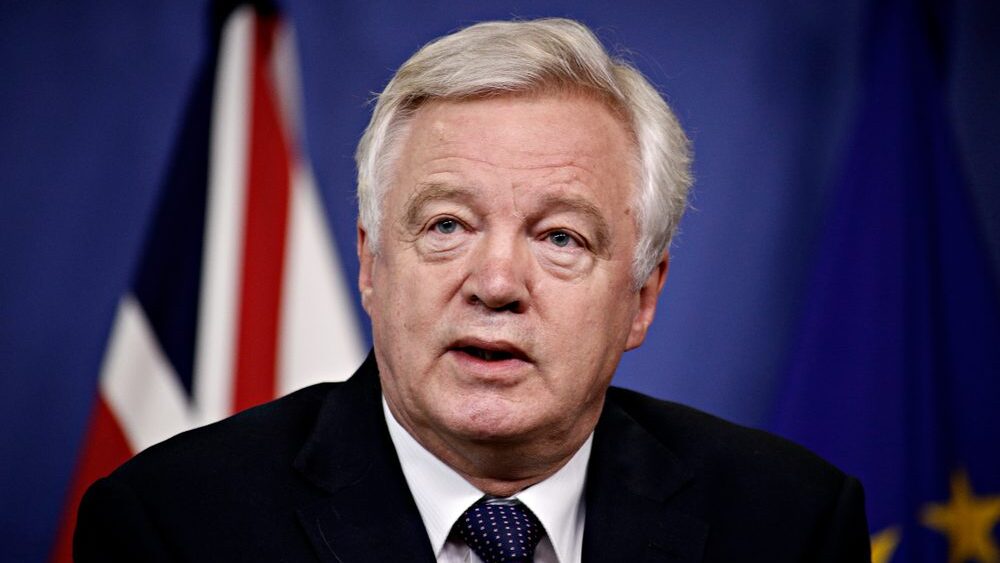
EU Court: Police Can Access Mobile Phone Data for Minor Crimes
The verdict comes after Austrian police attempted to unlock a suspect’s phone.

The verdict comes after Austrian police attempted to unlock a suspect’s phone.

Privacy lives to fight another day as compromise draft on monitoring messages is rejected.

Regulators hope to allow European police agencies to monitor cars and the mobile phones paired with them.

Belgian officials have previously been highly critical of the messaging platform.

“When is enough, enough? In public life, we have zero privacy left,” Belgian privacy expert says.

A copyright violations dispute has turned into a standoff between the social media company and the courts.

The legislation takes France further into the realm of “totalitarianism without the gulag.”

A new report has been criticised for claiming that most voters support digital patient passes.

New application aims to allay concerns about privacy while keeping minors off sexually explicit websites.

Critics call the technology “a mortal threat to privacy as we know it.”